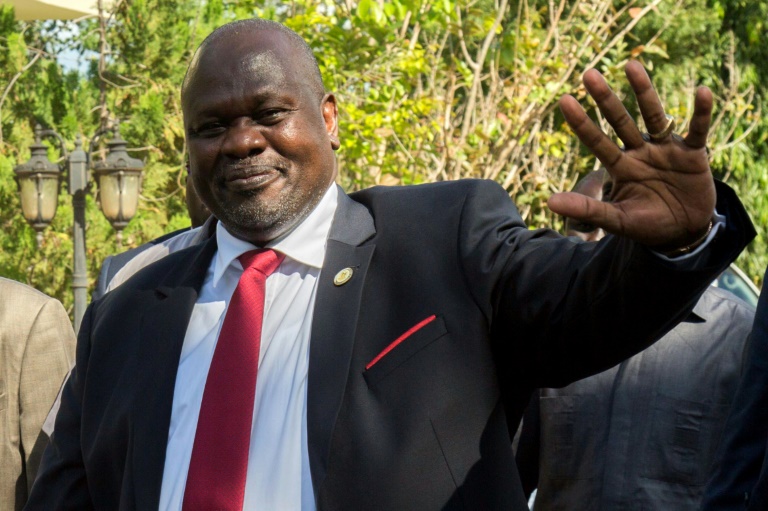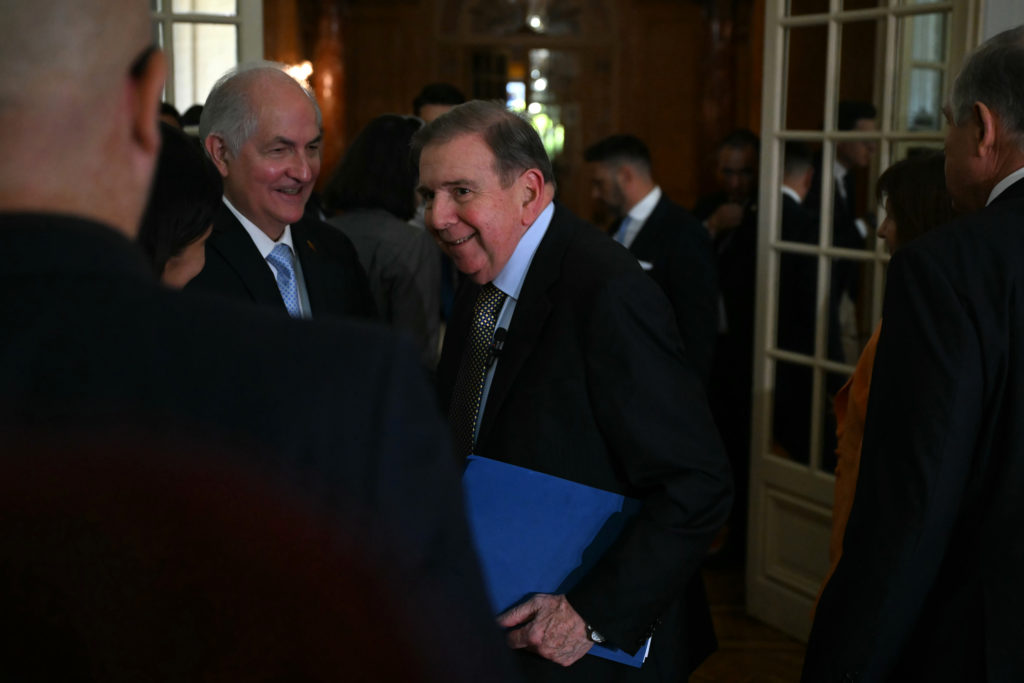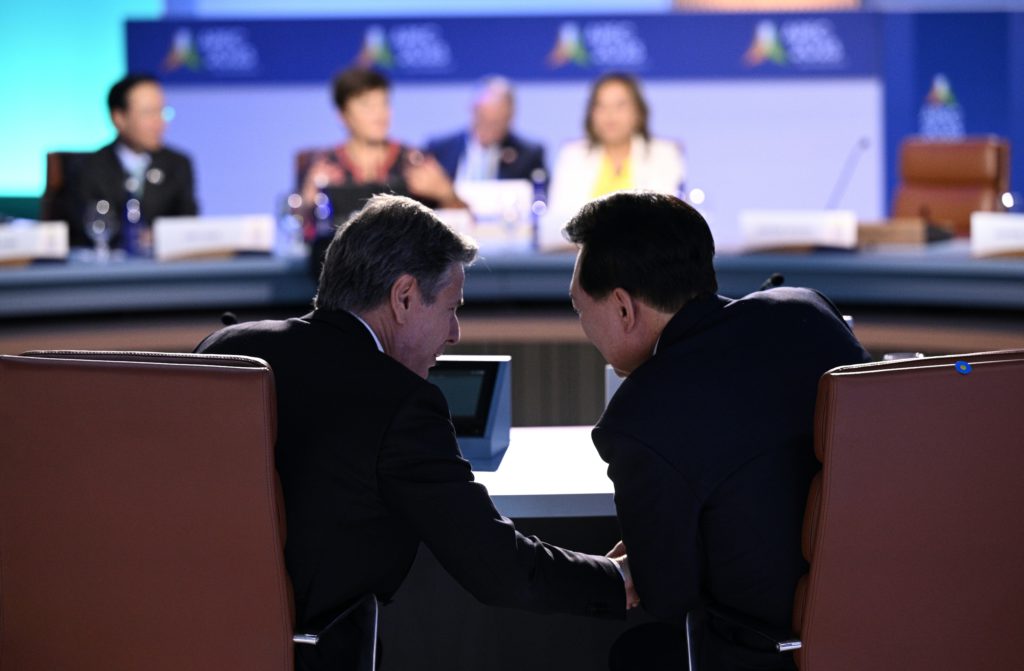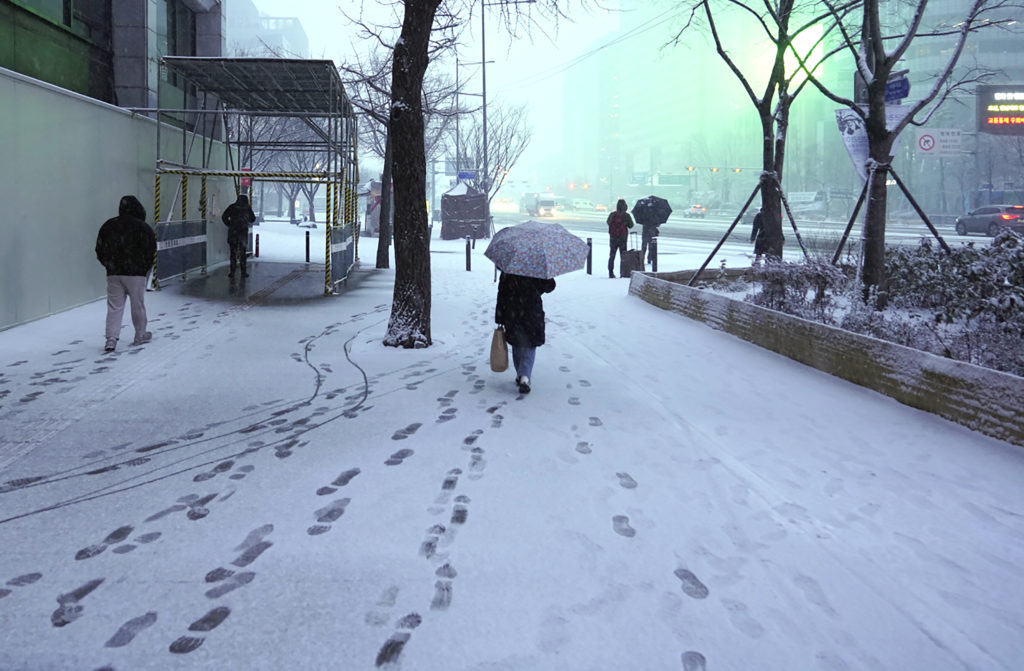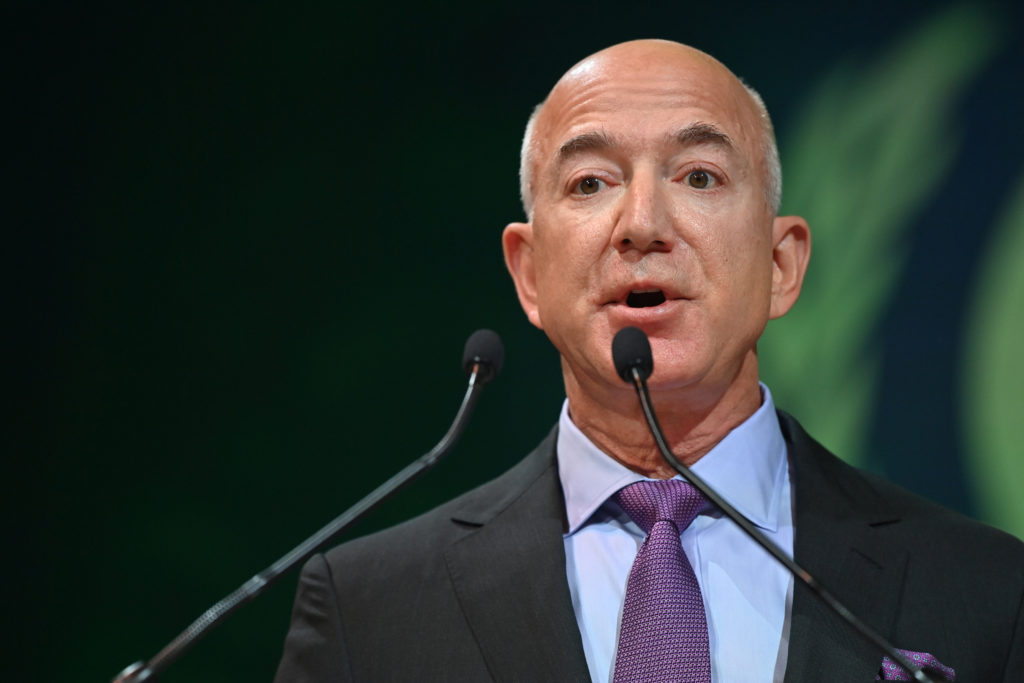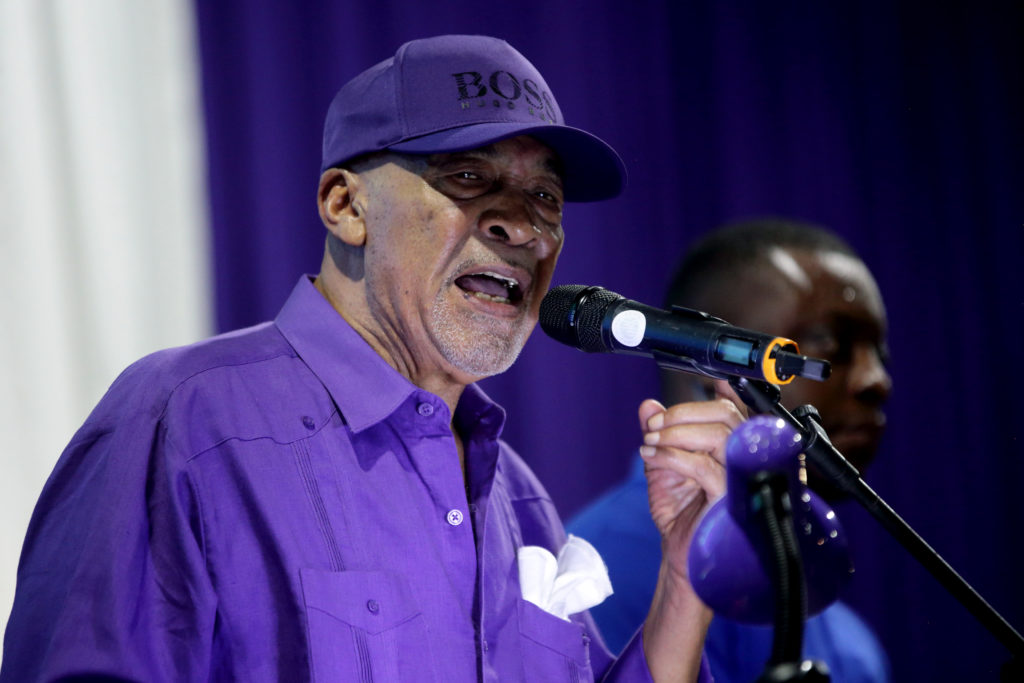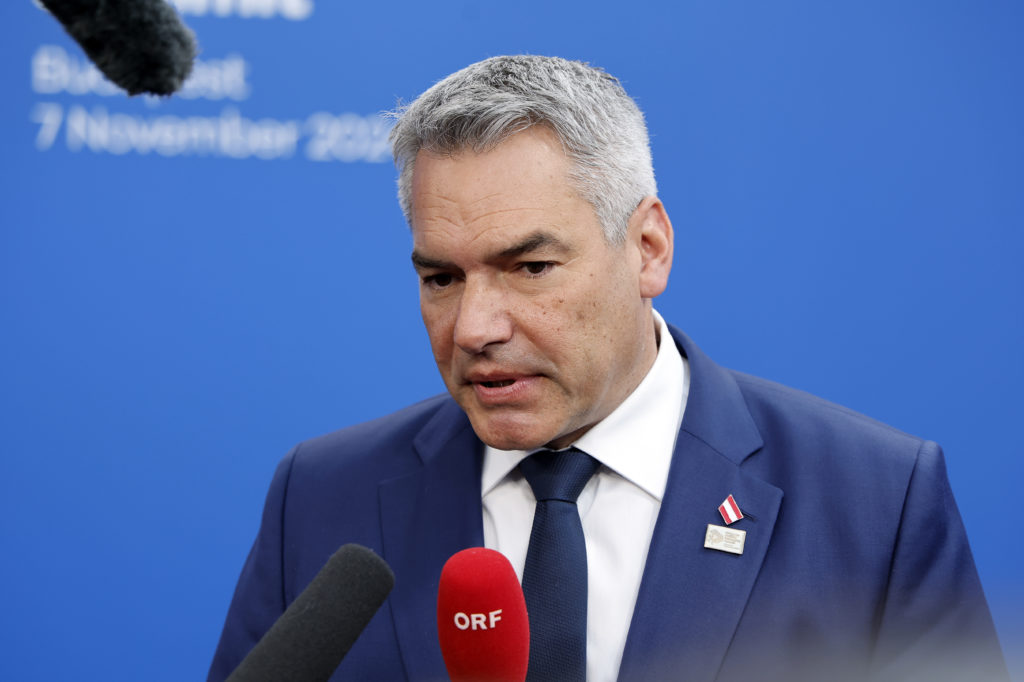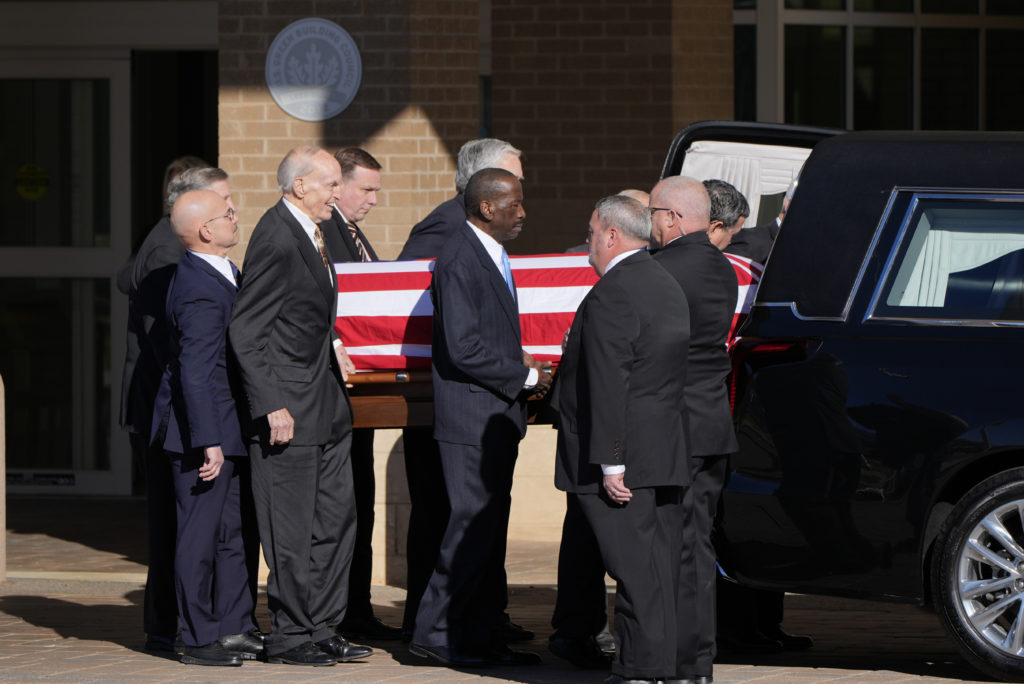A veteran rebel who slipped in and out of government, Riek Machar has been a central figure in South Sudan’s bloody history, his charming gap-toothed smile masking a capacity for anger and ruthlessness.
Born in 1953 in the oil-producing state of Unity, Machar was the son of a chief and comes from the Nuer, a cattle-keeping people who are the second-biggest ethnic group in South Sudan after the Dinka.
He never underwent the traditional deep horizontal forehead scarring that differentiates Nuer men from boys and was sent to school instead of the cattle camps.
After an engineering degree in the Sudanese capital Khartoum, Machar gained a doctorate from Britain’s University of Bradford.
But he returned to fight after the outbreak of civil war between Sudan’s north and south in 1983, winning the support of many of his fellow Nuer to bolster the rebel army, until then dominated largely by Dinka forces.
However Machar grew frustrated with rebel commander John Garang, staging a failed 1991 coup against him and other commanders, including now-President Salva Kiir.
– ‘Tribe against tribe’ –
As the rebel army split along ethnic lines, Machar was accused of carrying out a brutal massacre in the Dinka-dominated town of Bor in 1991 in what has been described as one of the worst atrocities of the war.
This sparked a cycle of revenge and violence between the two ethnic groups — who shared a similar culture, intermarried and were not that distinct from one another — that would persist for decades.
Machar went on to form a breakaway faction and sign a deal with his former enemies in Khartoum.
– Back in the fold –
Machar returned to the rebel fold in 2002. Once a peace deal was struck between Khartoum and the southern rebels in 2005, he was appointed vice president of the government in the south.
It was a position he maintained when South Sudan achieved independence in 2011, serving under Kiir.
Machar sought to rebuild a reputation damaged during the war by leading failed efforts to persuade Uganda’s Lord’s Resistance Army (LRA) rebels to end their decades-long insurgency.
Meanwhile things quickly turned sour in the world’s newest nation.
As tensions over oil soared with Khartoum, and a resulting economic crisis further worsened life for the poor, Machar declared he would run for president in planned 2015 elections.
This sparked tension in government, and in July 2013, Machar was sacked alongside several others.
In December, Machar openly challenged Kiir, calling him “dictatorial”. Kiir for his part gave a long speech referring back to the violence of 1991, threatening those who show “indiscipline”.
A few days later gunfire erupted in Juba. The government claimed it was a coup bid by Nuer soldiers, while Machar said it had been Dinka soldiers aiming to massacre the Nuer.
Either way civil war had erupted, and it would be characterised by brutal massacres between Dinka and Nuer that harked back to those in the 1990s.
Three years later in 2016, Machar was back in a unity government as vice president under a peace deal which collapsed three months after he was sworn in.
He fled Juba on foot into exile, and the war worsened.
In 2020, for the third time, he was sworn in as vice president under yet another peace deal signed in 2018, but his relationship with Kiir remains strained.
“We talk. We are not as close as we used to be, simply because he’s unpredictable,” said Kiir of his deputy in a July interview with Kenyan broadcaster Citizen TV.
Machar is married to Angelina Teny, with whom he has several children, and who is now the country’s defence minister.
He took a second wife in 1991, the British aid worker Emma McCune, who died in a road crash in the Kenyan capital Nairobi in 1993.

